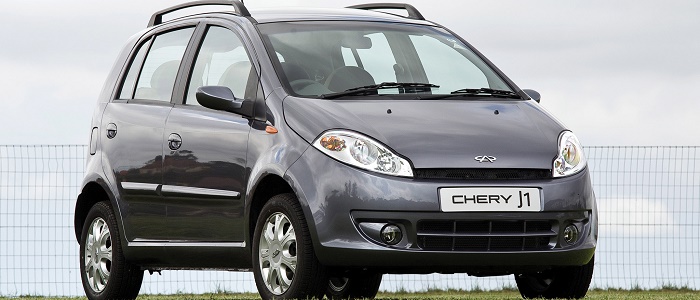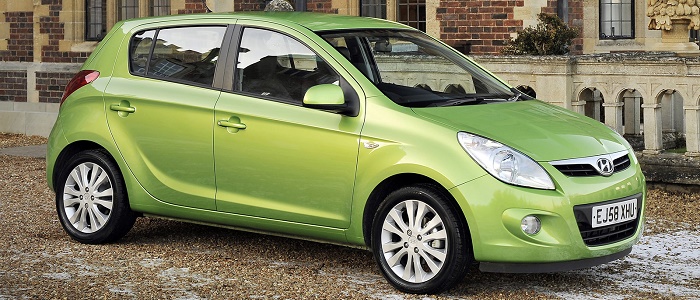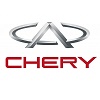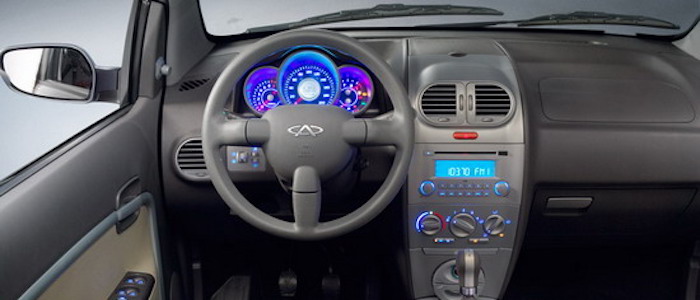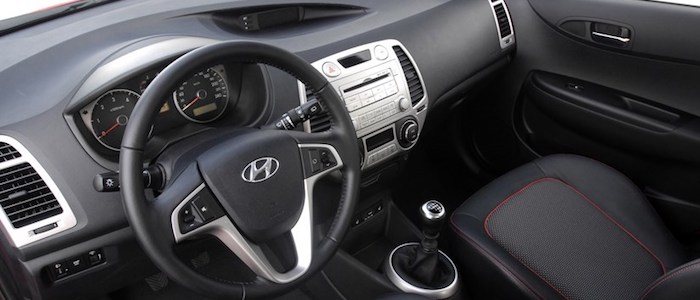Compare two cars
Compare any two cars and get our Virtual Adviser™ opinion
Marketing
Dimensons & Outlines
Engine
Performance (manual gearbox)
Performance (automatic gearbox)
Expenses
Virtual Adviser's™ opinion
Well, these are two pretty similar cars we have here! It's only details that could potentially make the difference. Considering they both belong to the city car segment and utilize the same 5-door hatchback body style and the front wheel drive system, it all comes up to the specific petrol engine choice they offer. The first one has a Chery-engineered powertrain under the hood, a 4-cylinder, 16-valves 84hp unit, while the other one gets its power and torque from a 4-cylinder, 12-valves 80hp engine designed by Hyundai.
SafetyThe fact that the Hyundai got tested by the European New Car Assessment Programme (Euro NCAP), while the other contender didn't, puts it sky-high safety-wise, in my eyes at least. Moving further on, let's take a closer look at some additional safety-related facts. Both vehicles belong to the city car segment, which is generally not a very good thing safety-wise, still it doesn't help us solve our dilemma, does it? Furthermore, if we'd like to consider vehicle mass in this context too, which we definitely should, the Chinese car offers a considerable difference of 13% more metal.
ReliabilityManufacturers have been building their reliability reputation for decades now and, generally speaking, it appears that Hyundai does have a slight advantage, all the models observed together. That's the official data, while our visitors describe reliability of Chery with an average rating of 4.6, and models under the Hyundai badge with 4.5 out of 5. Some independent research have also placed Ego as average reliability-wise, and i20 is more or less at the same level.Above it all, drivers of cars with the same engine as the Chinese car rank it on average as 4.3, while the one under the competitor's bonnet gets 4.6 out of 5.
Performance & Fuel economyChery is a bit more agile, reaching 100km/h in 0.9 seconds less than its competitor. Still, it lacks the power to win the top speed competition, topping at 156 kilometers per hour, 9km/h less than the other car. When it comes to fuel economy things look pretty much the same for both cars, averaging around 5.5 liters of fuel per 100 kilometers (51 mpg), in combined cycle.
Verdict
Hyundai appears just a bit more reliable, although the difference is truly marginal. The most important thing when deciding between any two vehicles should always be safety, both passive and active. In my opinion, everything taken into account, the Korean car beats the other contender by far, making it the best choice without even considering other things. From there things take a different direction, with Chery offering somewhat better performance, just enough to call it quicker. It does come at a cost though, and that's the fuel consumption... All together, there's not much more to say, in this case I wouldn't even consider anything but Hyundai. Anyway, that's the most objective conclusion I could've came up with and it's based solely on the information found on this website. Aspects such as design, practicality, brand value and driving experience are there for you to measure them out. Also, you could use the oportunity to find out which car, everything taken into account, would be the perfect choice for you in the eyes of the virtual adviser™, out of 12.000+ vehicles we currently have in our database.























